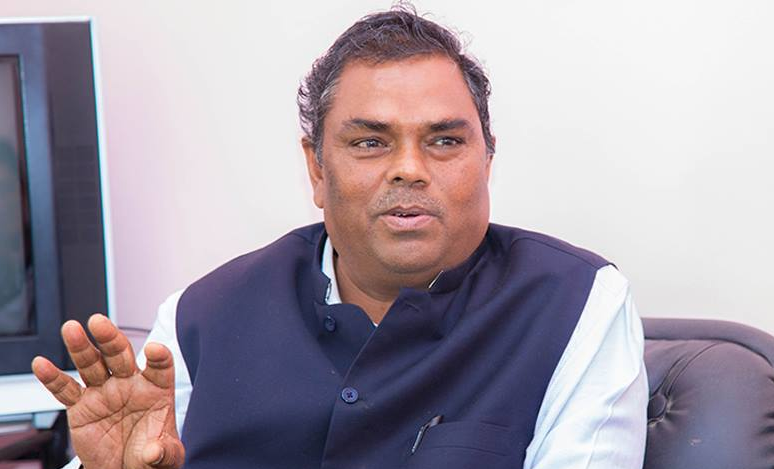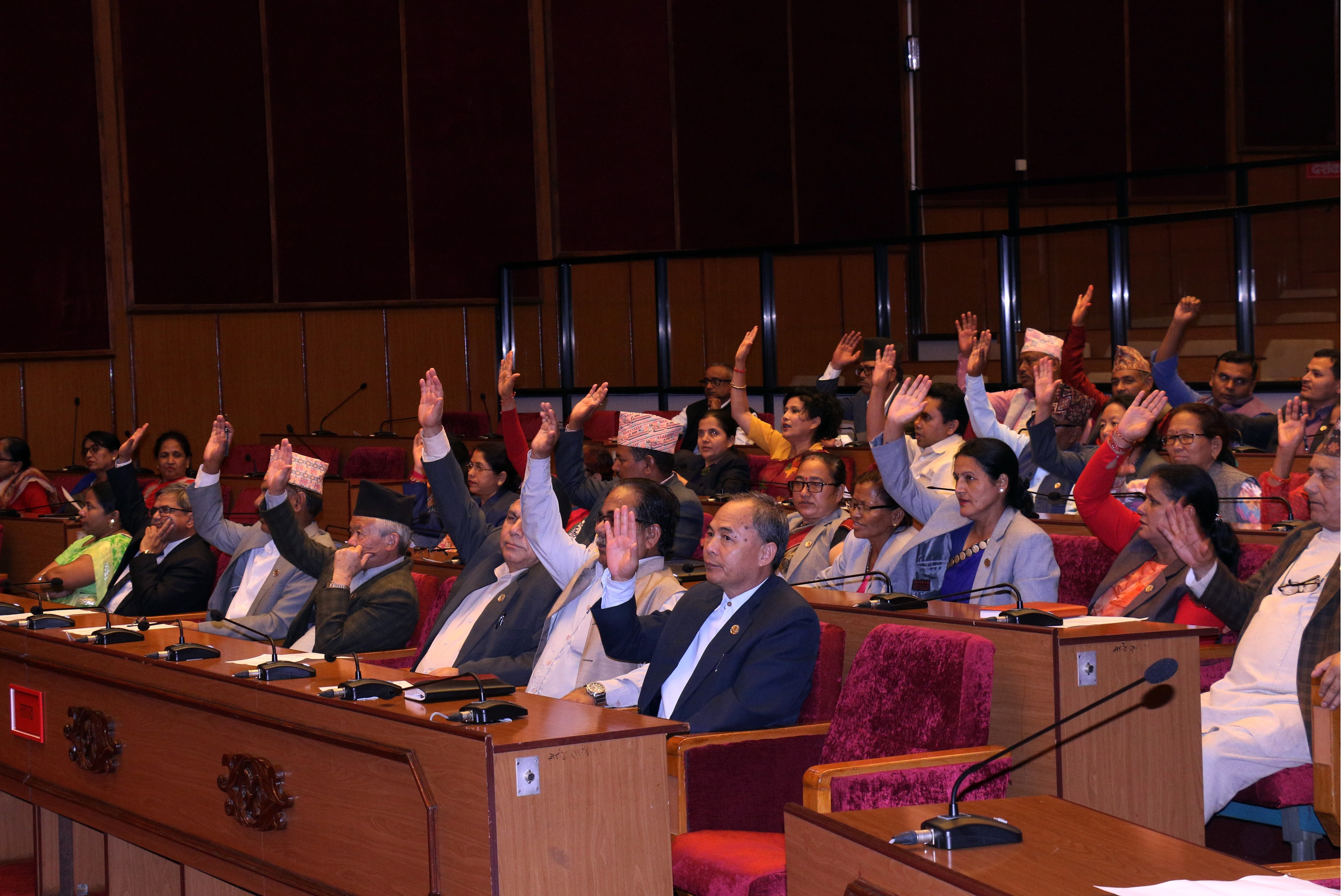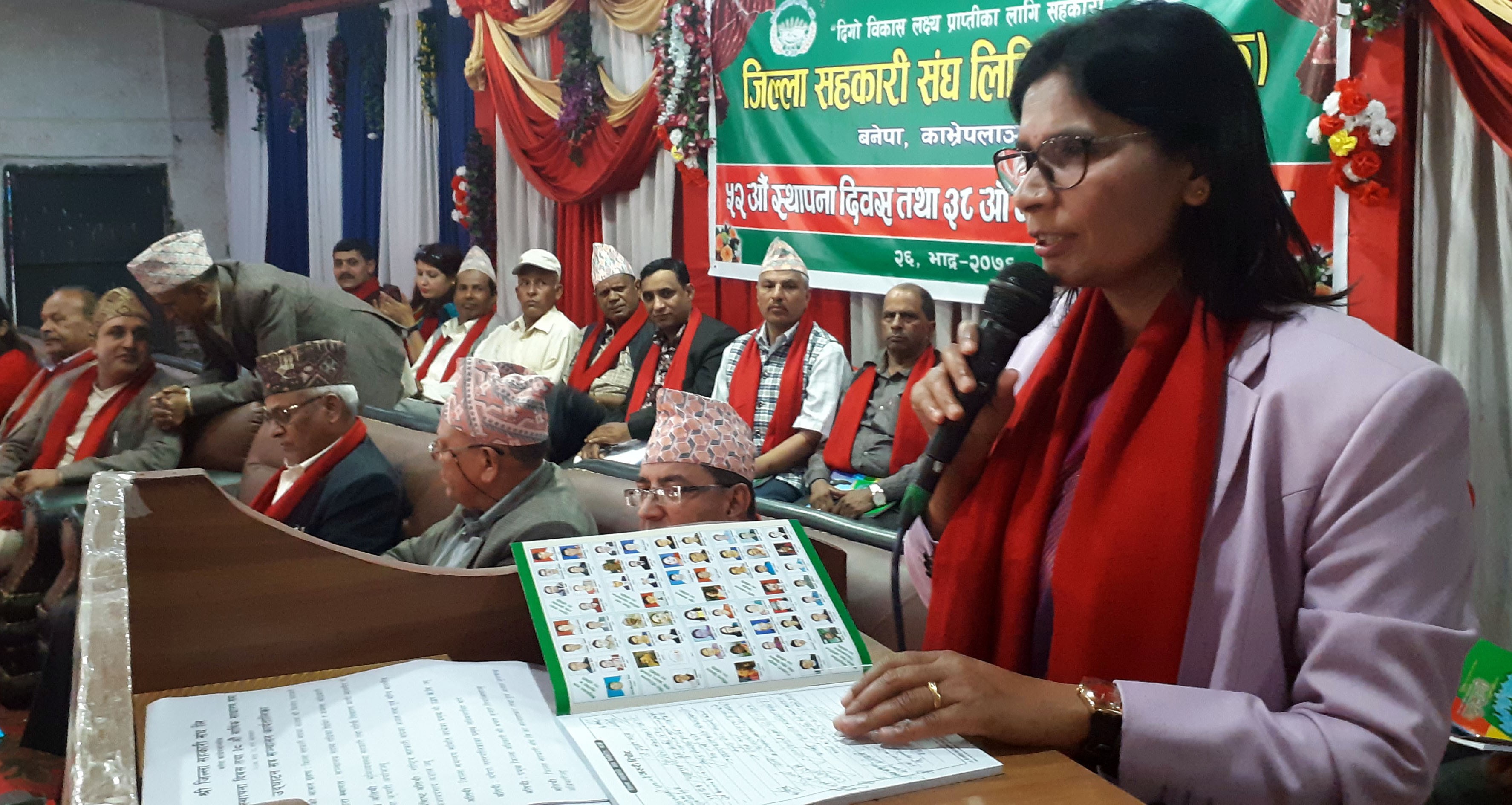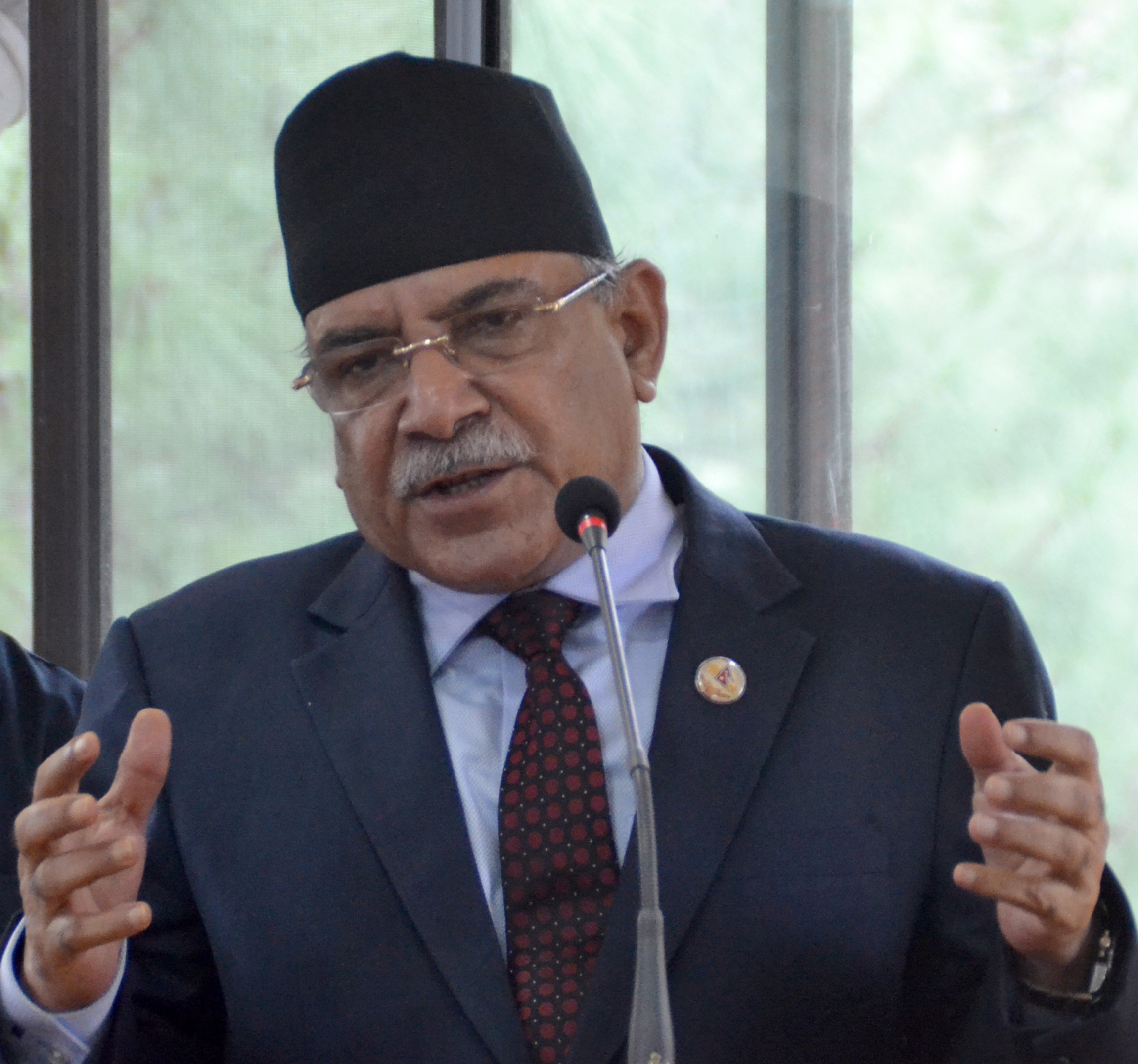Prisoners remain neglected in COVID-19 pandemic: Amnesty International new report
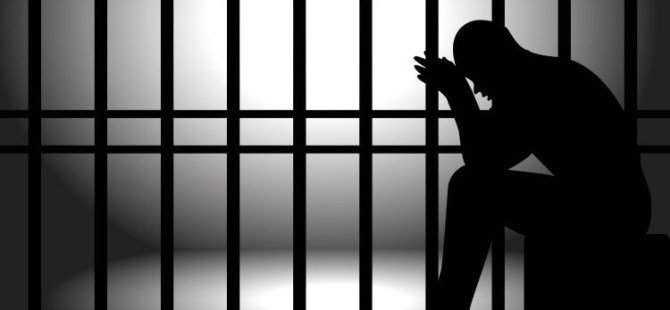
Kathmandu, march 18: Prisoners around the world have been forgotten during the COVID-19 pandemic, as prisons have faced systemic challenges to prevent the spread of the virus, with control measures leading to serious human rights violations, the Amnesty International said in its new report, Forgotten Behind Bars: COVID-19 and Prisons.
The international rights organisation also called for the millions of people languishing in overcrowded cells to be included in national vaccination roll-outs.
The report reveals that, with more than 11 million estimated people imprisoned globally, prisons in many countries risk becoming hotbeds for the disease. Many inmates struggle to access soap, proper sanitation, or personal protective equipment, while physical distancing is difficult to achieve and only limited health care is available.
“As COVID-19 continues to rip through prisons across the world, measures introduced by governments to prevent the spread of the disease have led to human rights violations, including the use of excessive solitary confinement to aid social distancing and inadequate measures to reduce the detrimental effects of isolation,” said Netsanet Belay, Amnesty International’s Research and Advocacy Director.
The full scale of COVID-19 infections and related deaths in prisons is hard to assess as governments have failed to publicly provide up-to-date, reliable information. However, available data indicates worrying patterns of COVID-19 infections in prisons across the world. And as vaccine roll-out strategies and plans take shape, many governments remain silent on their plans to vaccinate prisoners who are particularly at risk.
Dangerous and unabated overcrowding
Overcrowding is widely recognized as one of the most serious problems in prisons today. Around 102 countries have reported prison occupancy levels of over 110%, with a significant proportion of prisoners charged with, or convicted of, non-violent crimes.
Though steps have been taken to release eligible prisoners, Amnesty International’s research indicates that current release rates are insufficient to address the huge risk posed by the virus.
“Many countries with dangerously high levels of prison overcrowding, such as Bulgaria, Egypt, the Democratic Republic of the Congo and Nepal, have failed to address concerns over COVID-19 outbreaks. In other countries, such as Iran and Turkey, hundreds of prisoners detained arbitrarily, including human rights defenders, were excluded from COVID-19-related releases,” said Belay.
Health crisis
COVID-19 has also laid bare the years of underinvestment in, and neglect of, health services in prisons. Prison authorities have been unable or unwilling to cope with the increased need for preventive health measures and medical services for prisoners.
During the early phases of the pandemic, Amnesty International found prisoners in many countries were unable to get a COVID-19 test due to acute shortages, while some detainees in Iran and Turkey were arbitrarily denied medical treatment.
Countries including Cambodia, France, Pakistan, Sri Lanka, Togo and the USA were also unable to put in place adequate preventive and protective measures in prisons to curb the spread of COVID-19.
Control measures resulting in abuses
In many countries, prison authorities have resorted to dangerous measures including excessive and abusive confinement and quarantining measures to tackle the COVID-19 crisis, leading to serious human rights violations. In some places such as Argentina and the UK, detainees were put in isolation for up to 23 hours per day, often for weeks or months, the report revealed.
Prioritizing vaccination of people in detention
At least 71 countries have now put in place a vaccination policy for at least one clinically vulnerable group. While some of these countries have included prison populations and staff among the priority groups to receive vaccines, Amnesty International’s research found that many others, including higher-income countries, are either silent or remain unclear on their plans.
“Prisons are some of the most at-risk settings for COVID-19 outbreaks and we cannot neglect the right to health of people in prisons any longer. Lack of clarity about vaccination plans, policies and treatment of incarcerated populations is a pressing, global concern,” said Netsanet Belay.
“As vaccine roll-out strategies take shape, a failure to prioritize the health of people in detention will have catastrophic consequences for prisoners, their families and the public health care system.”
Amnesty International is calling on states not to discriminate against those held in detention when developing vaccination policies and plans. Furthermore, it urges states to make every effort to prioritize prisoners in their national vaccination plans, particularly given that their confined conditions do not allow them to physically distance, and ensure that those at particularly high risk of COVID-19 (such as older prisoners and those with chronic health conditions) are prioritized for vaccination on a par with comparative groups in the general population.
Recent News

Do not make expressions casting dout on election: EC
14 Apr, 2022
CM Bhatta says may New Year 2079 BS inspire positive thinking
14 Apr, 2022
Three new cases, 44 recoveries in 24 hours
14 Apr, 2022
689 climbers of 84 teams so far acquire permits for climbing various peaks this spring season
14 Apr, 2022
How the rising cost of living crisis is impacting Nepal
14 Apr, 2022
US military confirms an interstellar meteor collided with Earth
14 Apr, 2022
Valneva Covid vaccine approved for use in UK
14 Apr, 2022
Chair Prachanda highlights need of unity among Maoist, Communist forces
14 Apr, 2022
Ranbir Kapoor and Alia Bhatt: Bollywood toasts star couple on wedding
14 Apr, 2022
President Bhandari confers decorations (Photo Feature)
14 Apr, 2022








